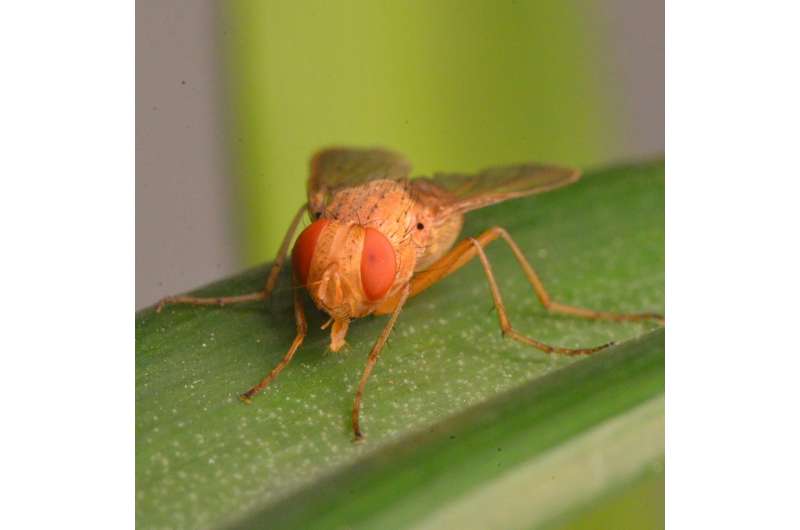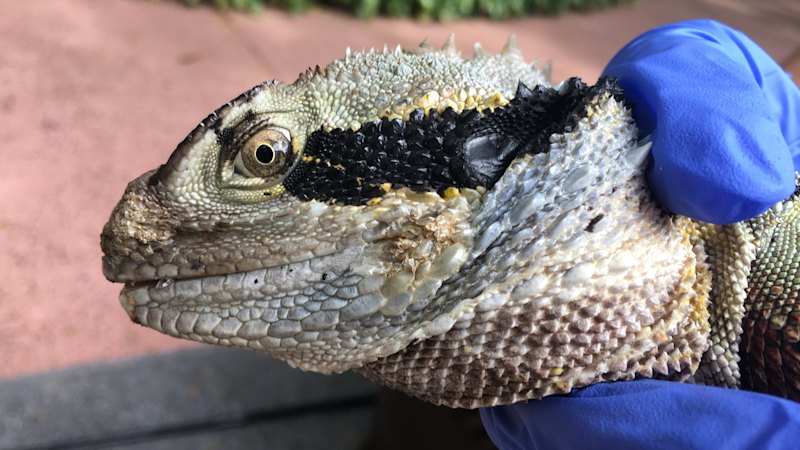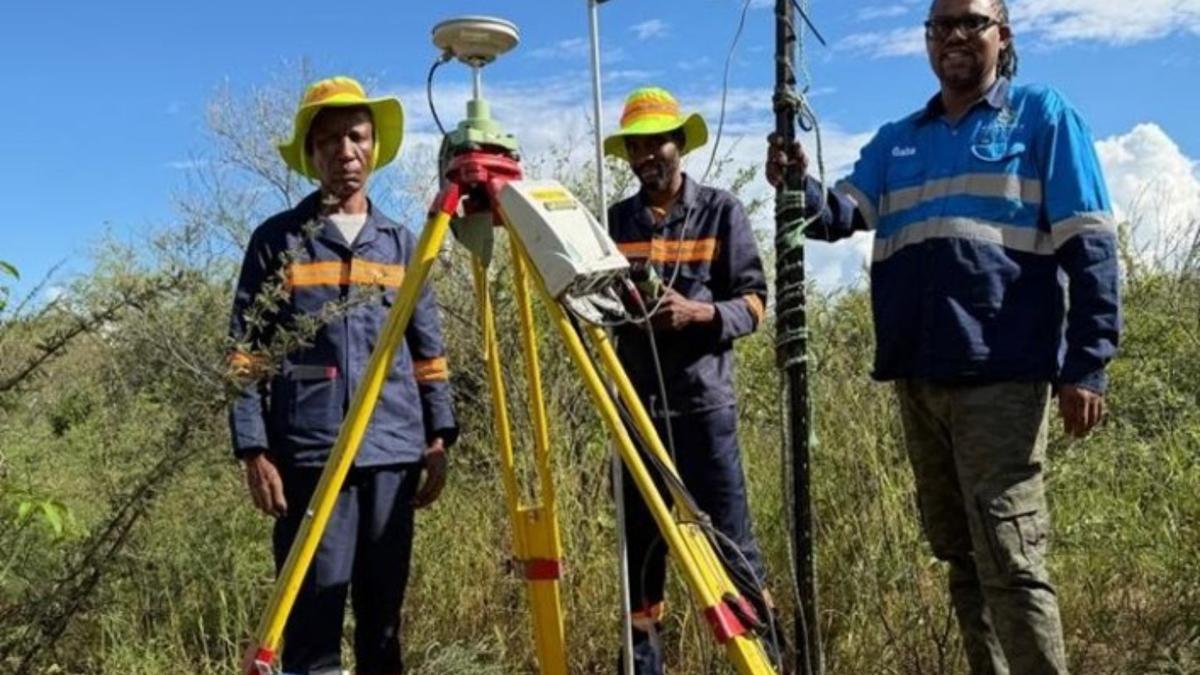
A recent study published in the Annals of the Entomological Society of America has unveiled significant findings regarding how early-life competition impacts the adult success of parasitoid flies. Conducted by a research team from St. Olaf College, alongside collaborators from the University of Strathclyde and the University of Toronto, the study highlights the lasting effects of resource competition during the larval stage of the acoustic parasitoid fly, Ormia ochracea.
The researchers focused on how larvae of Ormia ochracea compete for resources within a single cricket host. Their findings indicate that this competition results in not only reduced survival rates but also smaller pupal sizes, which ultimately leads to smaller adult flies. This phenomenon suggests that the conditions faced during early life stages can have profound implications on the growth and reproductive potential of these insects.
Co-lead author Jimena A. Dominguez, a post-baccalaureate research associate at St. Olaf College, remarked, “Our research shows that the number of larvae sharing a host can dramatically influence not just whether the flies survive to adulthood, but how big and possibly how fecund they become.” Fellow co-lead author Brendan Latham, a doctoral researcher at University of Strathclyde, likened this situation to “the insect version of childhood nutrition,” emphasizing that limited resources during development can lead to lifelong growth limitations.
To investigate these dynamics, the team employed a combination of experimental parasitizations, morphometric measurements, and statistical models. The results revealed that when two larvae shared a single cricket host, fewer flies survived to adulthood, and those that did were consistently smaller in size. The size of the pupae—an intermediary stage before reaching adulthood—emerged as a critical predictor of the adult flies’ eventual size.
According to senior author Norman Lee, an associate professor of biology and director of the neuroscience program at St. Olaf College, “These findings give us a window into how early competition and nutritional stress shape life history in parasitic insects.” He further added that it is not solely about survival; early experiences significantly influence the characteristics of adult flies.
The implications of this study extend beyond just flies. The research provides new insights into how developmental constraints can influence behavior, reproductive capacity, and overall ecological success in parasitic insects. Understanding these dynamics could inform broader ecological and evolutionary studies.
The collaborative effort also highlights the importance of hands-on research experiences for undergraduate students, which are vital for developing the future workforce in science, technology, engineering, and mathematics (STEM). Lee emphasized that “in a time of increasing challenges to higher education and research support, this study serves as a reminder of the broad societal benefits that come from sustained investment in scientific research and training.”
This research not only sheds light on the intricate relationships between competition and development in parasitoid flies but also underscores the essential role of scientific inquiry in fostering innovation and education for future generations.







